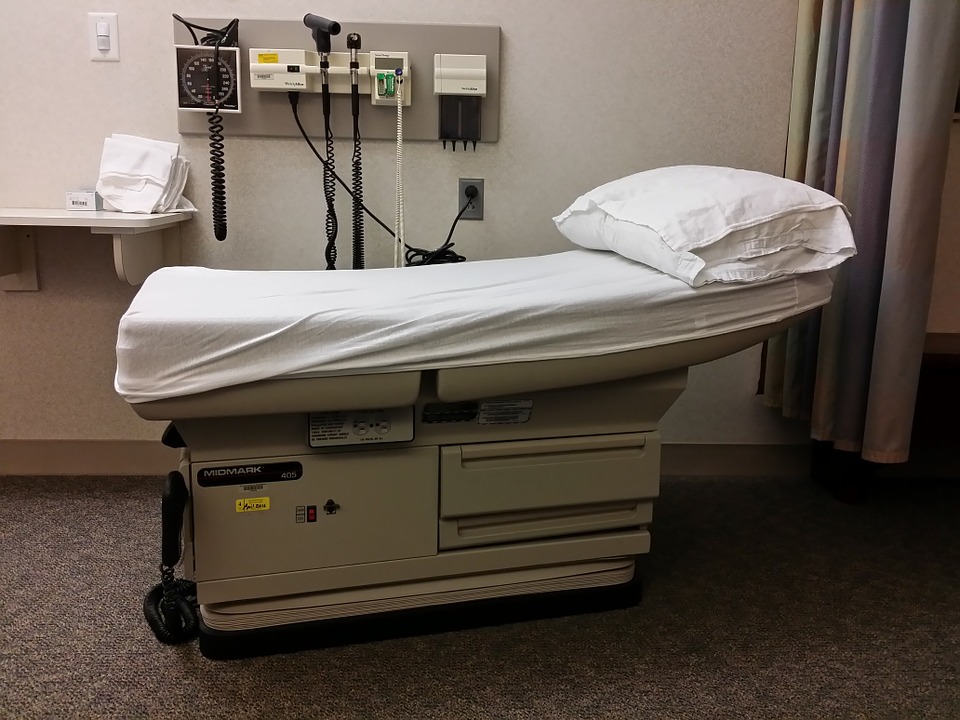Varicose Vein Treatments on the Chopping Block at NHS
In the UK, many discussionshave taken place over the last several years surrounding the need for increased patient care and simultaneous budget cuts. For patients and advocates for quality medical care, the two topics do not always go hand in hand. The most recent announcement about budget-saving measures for NHS trusts falls into the category of disjointed. NHS leaders and government officials have agreed to propose cuts to 17 “risky” and “ineffective” treatments for patients with certain medical conditions, after a review of the proposal this year. The elimination of these treatment options seems sound on the surface, but some are concerned with the long-term implications for patients should the proposal be approved.

Treatments Included in the Cut
Under the proposed cut, voluntary procedures deemed ineffective include the following:
- Breast reduction
- Removal of skin lesions that are benign
- Grommets for glue ear
- Tonsillectomy
- Haemorrhoid surgery
- Hysterectomy for heavy menstrual bleeding
- Removal of eyelid lesions
- Removal of bone spurs for shoulder pain
- Carpal tunnel syndrome release
- Dupuytren’s contracture release for tightening fingers
- Ganglion excision
- Trigger finger release
- Varicose vein surgery
- Surgery for snoring
- Dilation for heavy menstrual bleeding
- Knee arthroscopies
- Injections for back pain
The first 13 procedures will only be offered when specific patient criteria are met, while the remaining four will be more restricted. Patients must request one of the latter four treatment options if they want the procedure completed at NHS, and only after approval may it be performed.
These treatment options are determined to have higher risks than potential benefits for patients, and they are noticeably costly for NHS in terms of specialist staffing and equipment. The proposal to no longer carry out these treatment options is said to ultimately bring savings of more than£200 million to NHS trusts each year. An estimated 100,000 patients who no longer have the option to receive these treatments under the updated guidance. The shift in focus is intended to be on faster cancer diagnosis and preventative healthcare for the hundreds of thousands of other patients relying on NHS services each year.
Implications for Patients
While some of the treatment procedures mentioned in the elimination list are somewhat outdated and pose a higher risk to patients without evident benefits, others necessary in maintaining a quality of life for individuals with specific conditions. Eddie Chaloner, a vascular surgeon specialised in varicose veins treatments in the UK, explains that varicose veins can impact adults in a variety of ways, ranging from cosmetic woes to debilitating pain. Currently, NHS grades varicose vein severity on a scale from one to six, with one being minimal discomfort and six being persistent pain and related, severe medical issues. Under the current rules, only patients with varicose veins graded four through six are eligible for varicose vein surgery with NHS. The others, with grades one to three, may have pain that is difficult to quantify, and so they are not immediately offered surgical intervention to correct the issue.
Varicose vein surgery has been under scrutiny for the past several years, with NHS powers moving the needle on who qualifies for surgery and who doesn’t. Currently, individuals with mildly severe varicose vein issues are recommended to wear compression stockings for treatment, take pain medications for discomfort, and try at-home remedies such as elevation and rest to correct the issue. Chaloner shares that many patients experience relief with the help of these treatment options, but for the more severe cases, updated varicose vein surgery is often the recommended course of action. Taking away this option for thousands of patients could lead to a reduced quality of life, as well as increased costs for longer-term medical conditions for patients in the future.
Overall, NHS changes to help eliminate budget constraints are intended to help ease the pressures on the organisation and its staff. The ultimate goal is to improve patient care where it matters the most, but the elimination of higher-risk procedures may not be a sustainable solution. Over time, restricted access to early-intervention treatment options like varicose vein surgery may end up increasing the expense burden of NHS trusts, leading to a downturn in quality patient care in the future.


